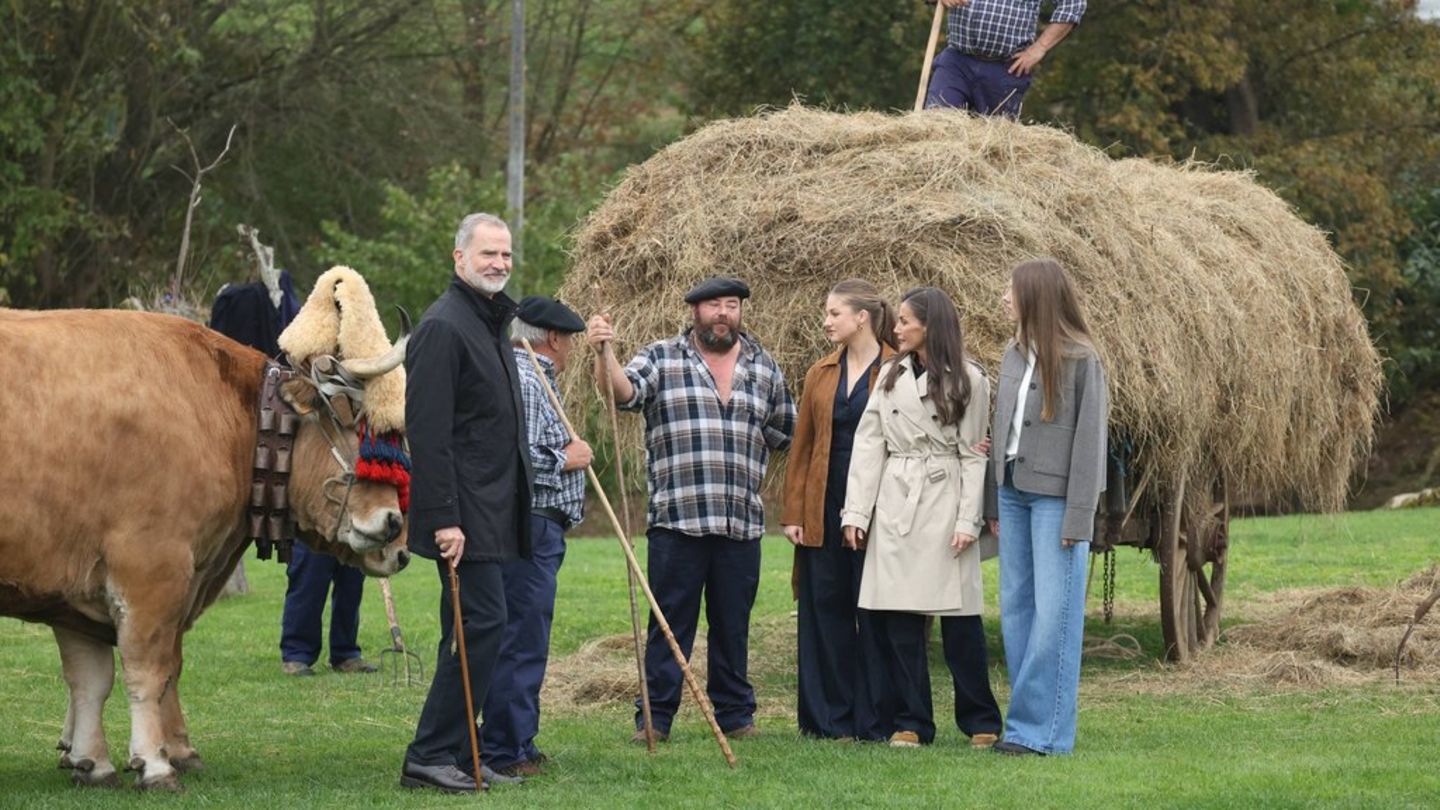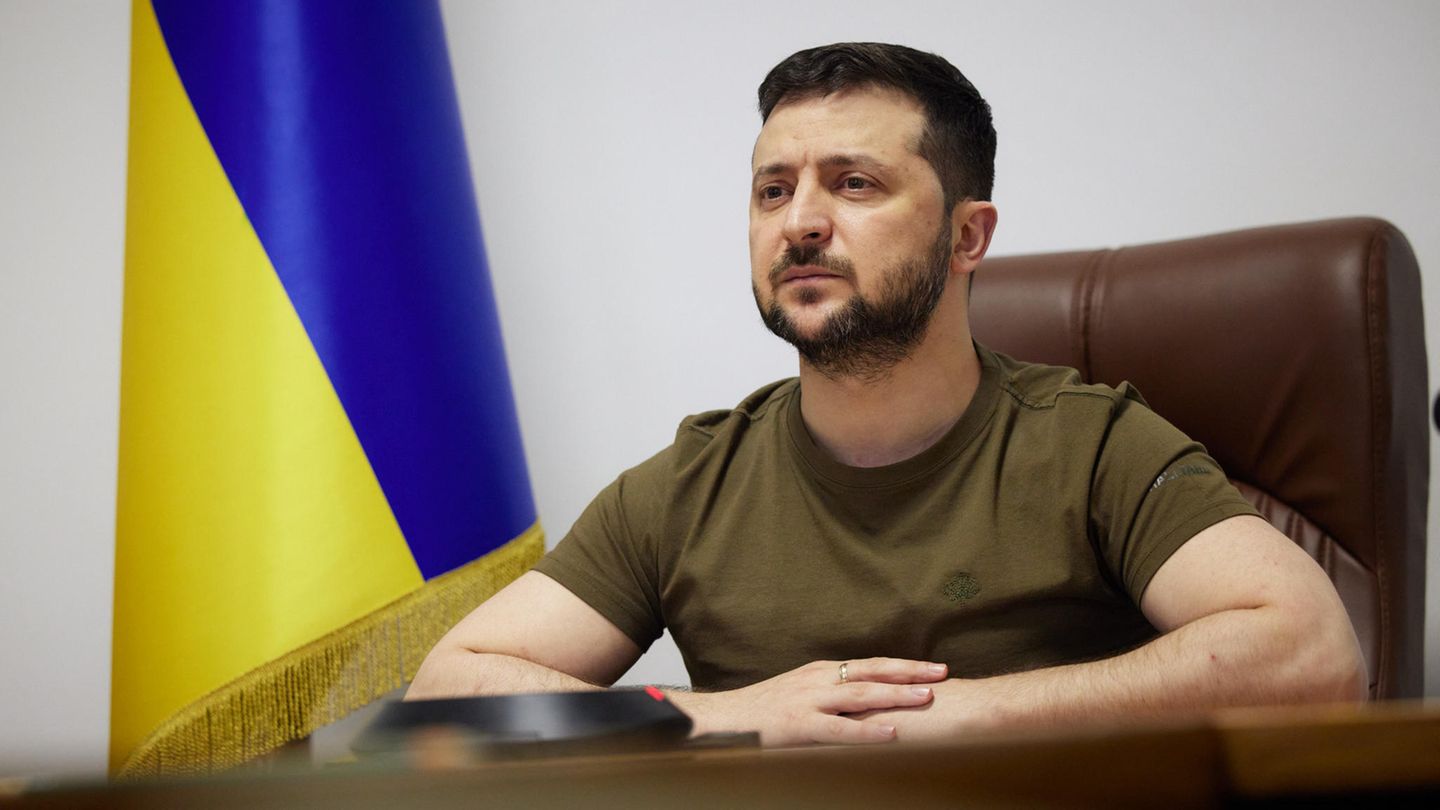David William is a talented author who has made a name for himself in the world of writing. He is a professional author who writes on a wide range of topics, from general interest to opinion news. David is currently working as a writer at 24 hours worlds where he brings his unique perspective and in-depth research to his articles, making them both informative and engaging.
Menu
Ukraine: Zelenskyy’s quest for guaranteed safety
Categories
Most Read
Friedrich Merz and the cityscape: Where the Chancellor is right
October 25, 2025
No Comments
Ukraine war: Russian diplomat speaks of “diplomatic solution”
October 25, 2025
No Comments
Middle East: Palestinians: Injured after incidents in the Gaza Strip
October 25, 2025
No Comments
War in Ukraine: Kiev: Minister Reiche has to go to the bunker during air raids
October 25, 2025
No Comments
Cityscape debate: This is what the SPD general secretary says
October 25, 2025
No Comments
Latest Posts

Bundesliga: Bayern wins a European record – RB humiliates Wagner’s FCA
October 25, 2025
No Comments
PierceI am Pierce Boyd, a driven and ambitious professional working in the news industry. I have been writing for 24 Hours Worlds for over five

Visit to the country: Spanish royals prefer it casual
October 25, 2025
No Comments
Lisa HarrisI am an author and journalist who has worked in the entertainment industry for over a decade. I currently work as a news editor

Formula 1: how and when to see Franco Colapinto’s classification at the Mexican Grand Prix
October 25, 2025
No Comments
October 25, 2025 – 11:47 The Argentine will face a new weekend, this time at the heights of the Autódromo Hermanos Rodríguez. After a positive
24 Hours Worlds is a comprehensive source of instant world current affairs, offering up-to-the-minute coverage of breaking news and events from around the globe. With a team of experienced journalists and experts on hand 24/7.

